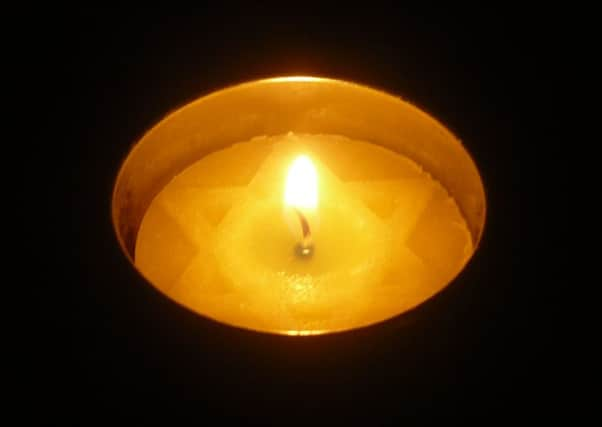Maureen Sier: The best antidote to genocide


The former Secretary-General of Médecins Sans Frontières, Alain Destexhe, says: “Genocide is distinguishable from all other crimes by the motivation behind it. Genocide is a crime on a different scale to all other crimes against humanity and implies an intention to completely exterminate the chosen group. Genocide is therefore both the gravest and greatest of the crimes against humanity.”
It is estimated that 20 million people died as a result of the Holocaust and other genocides in just over 100 years. Despite a UN Convention (1951) and such shocking figures, the genocidal process is still allowed to develop. So is remembrance enough? Remembering without understanding the process of genocide might well make us feel better but will it prevent further genocides happening?
Advertisement
Hide AdAdvertisement
Hide AdGregory Stanton, President of Genocide Watch, identified “ten stages of genocide”. In each stage he outlined what can be done to stop the process and stated that “ultimately the best antidote to genocide is popular education and the development of social and cultural tolerance for diversity”. He further identified that “the movement that will end genocide must come from popular resistance to every form of discrimination; dehumanisation, hate speech, and formation of hate groups. It must rise from each of us who have the courage to challenge discrimination, hatred, and tyranny.”
Education is often put forward as a tool for building a fairer society, but I would ask: ‘Education for what?’ The Nazis were extremely well educated; educational games were developed for children that encouraged hatred of the Jews; scientists developed the equipment of the death camps; social scientists developed the racist theories that underpinned the Holocaust; even the cultural education of classical music, literature and the arts were used as tools of propaganda against the Jews.
Should we have, at the heart of our education system, the “social and cultural tolerance for diversity” that is the “best antidote” for genocide? As director of Interfaith Scotland, I often ask if children are learning to talk about difference and to do so with respect and openness.
As adults, how influenced are we by what we read, hear and see in the media? The media had a powerful role to play in the dehumanising process of genocide. So are we constantly vigilant and questioning of the stories in our media? We just have to think of some of the shocking negativity towards refugees reported in the press.
But on Holocaust Memorial Day, Scotland will remember the Holocaust and other genocides. It will welcome Mukesh Kapila, the former UN ambassador to the Sudan who had the courage to blow the whistle on the genocide taking place in Darfur, along with Inge Auerbacher, who as a child survived Terezin, a concentration camp in Czechoslovakia. Mukesh and Inge both know only too well that doing nothing to prevent hatred and intolerance has terrible, unthinkable consequences. Inge witnessed Kristallnacht first-hand. She saw how Nazis torched synagogues, vandalised Jewish homes, schools and businesses and in the aftermath sent 30,000 to concentration camps, and Mukesh witnessed first-hand the atrocities committed in Darfur.
Scotland too will remember and will speak up. A fitting national memorial event will be held; thousands of children will learn about the Holocaust; films will be shown; dialogue events and public lectures will be held. We will honour the victims and do what we can to understand, to learn, and to say loudly and clearly that yes, the Holocaust and other genocides are worth remembering. «